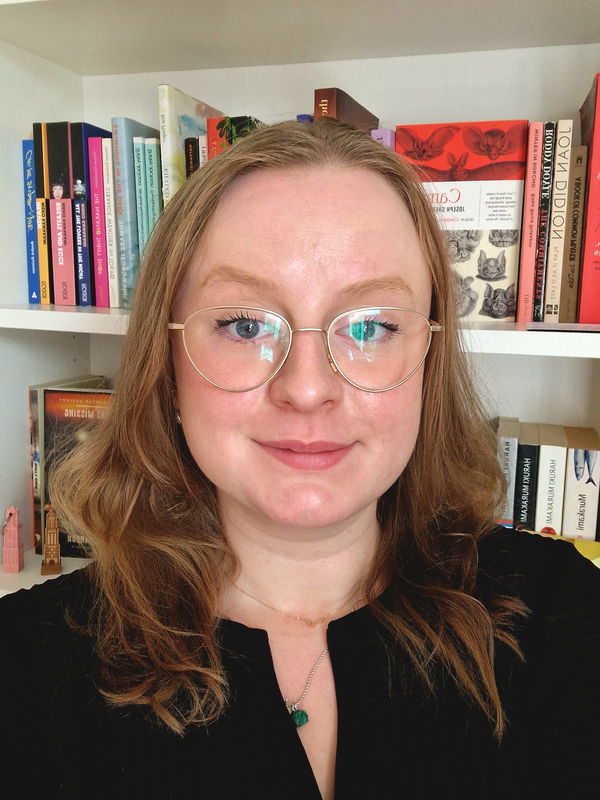Violent wrongs litter the history of humanity: enslavements, massacres, genocides, wars of aggression, systematic famines. In recent history, many European countries engaged in colonial campaigns that directly or indirectly led to the enslavement and death of millions. It is uncontroversial that most people currently living are not culpable for these historical wrongs. However, there is sizable body of empirical research that claims that many people feel guilt or shame because of the wrongs of their ancestors, their contemporaries, and other members of their respective collectives (ethnic groups, religious groups, etc). Some of these instances of guilt and shame are explained because of the direct or indirect involvement of the person in a particular wrong. For example, a citizen may feel guilt for voting in a tyrant who goes on to commit genocide. However, in many cases, those who feel guilt or shame were completely uninvolved in these wrongs, for they were born after they occurred. The CoGS project aims to provide a comprehensive philosophical theory of the nature and ethics of uninvolved collective guilt and shame.
Events
Workshop #1: Responsibility and the Reactive Attitudes Over Time (25-26th June 2024)
Publications
Benjamin Matheson
- Forthcoming. 'Blameworthiness is Terminable' Philosophical Quarterly
- Forthcoming. ‘It was a Different Time: Judging Historical Figures by Today’s Standards’ (with Alfred Archer) Journal of Applied Philosophy
- 2023. ‘Self-Manipulation and Moral Responsibility’ Teroema


